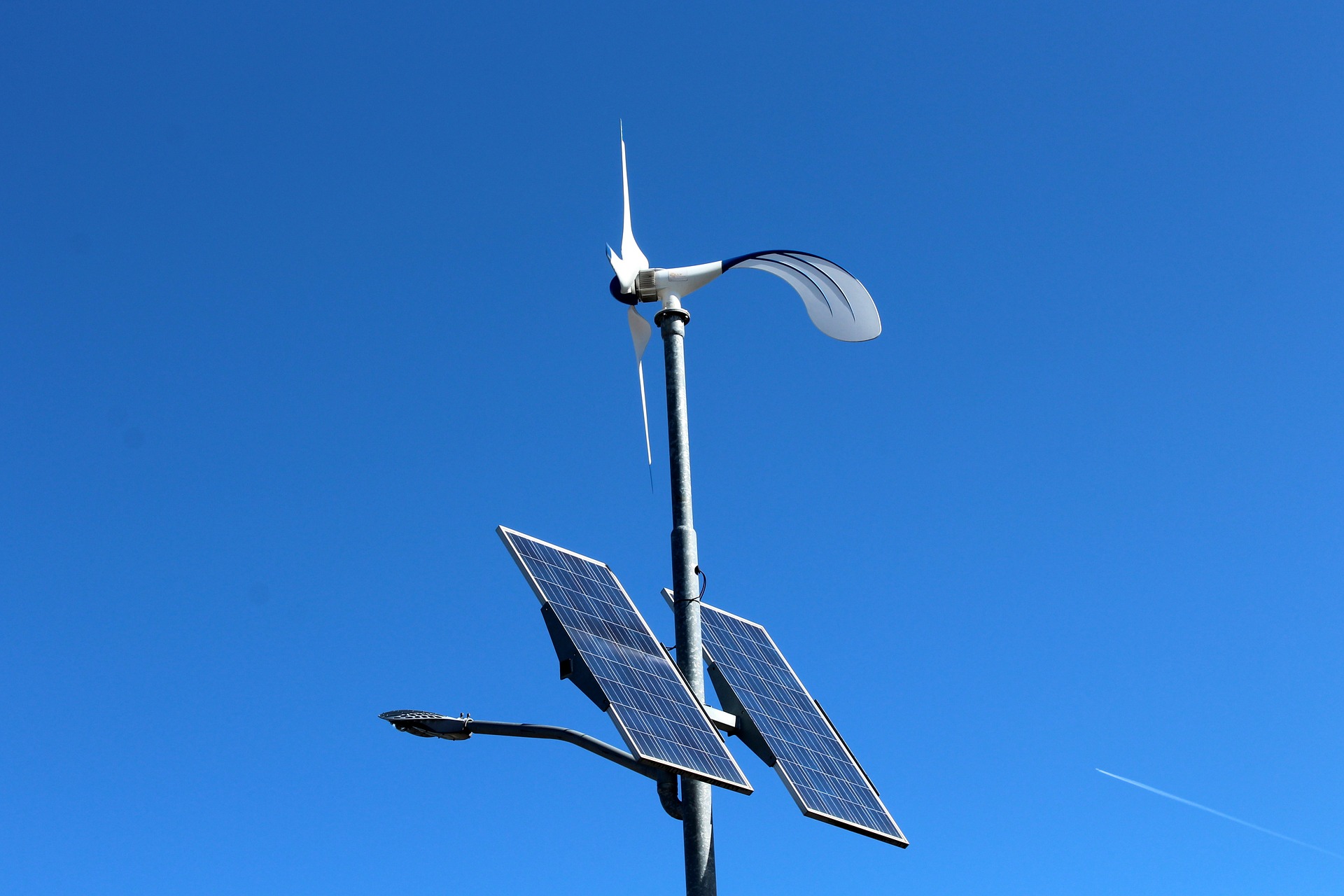
Solar systems have proven to be an effective alternative power source in recent years. The technology improves, allowing equipment to work efficiently. The demand for energy in the average household or business is higher than ever before. Electricity is needed to power the devices that we use to cook, clean, learn, and entertain.
A standard solar system collects sunlight, converts it to useable energy, and powers devices or feeds it back into the grid. It works when the sun is up, but what happens at night? Solar panels cannot continue to produce energy without the sun. One way to deal with this problem is to install batteries. We had some battery experts from https://www.connectelectric.com.au walk us through batteries in 2020.
Are Today’s Solar Batteries Reliable?
For many, the allure of becoming energy independent is reason enough to switch to solar energy. However, it’s essential to consider your need, location, and potential drawbacks of completely cutting yourself off from the grid.
Solar batteries are reliable and new advancements each year the prices continue to fall. Many companies are focused on developing batteries for home use as the potential market is billions of dollars.
Most batteries are meant to work on a 24-hour basis. They collect and store energy throughout the day. Then, when the sun sets and your panels stop producing, your home can switch to the power housed in the battery. Its stores are consumed overnight then replenished the next day.
This can pose challenges, especially in regions where the weather changes significantly. For example, a snowstorm could leave the skies overcast for days and limit sunlight collection. Most solar batteries are not designed to gather energy that will last days, weeks, or an entire season.
You would need a large solar panel array and high capacity battery bank to handle a lengthy period of low or no sunlight. It can quickly become cost-prohibitive, even with the decreased solar system prices of today.
Yes, you can go completely off-grid and rely on solar batteries to bank your power but your location will impact this a lot. If you’re in California or Australia this is far more feasible than doing similar in Alaska
Should I Install a Solar Battery?
Does that mean that you should skip the solar battery entirely? Not necessarily. For many, the best solution is a hybrid system that is tied to the grid and includes a banking device for greater reliability. This will provide you with a backup in case of bad weather.
According to EnergySage.com, solar offsets as much as 94% of annual electricity use. That’s almost all of it, but not quite 100%. That’s why you need an alternative source to ensure that you don’t have to spend days without power.
Solar batteries continue to improve. They can bridge the gap in case of an unexpected power outage and provide much-needed backup during night hours. They are still a worthy investment when installing a new system or upgrading an old one. Battery prices continue to fall year on year so the question isn’t “Should I install solar and batteries?” but “When will I install them?”.
If you have questions about your energy needs, talk to an electrician. They can provide insight into how much capacity your home requires and whether a solar battery is the best solution for you.